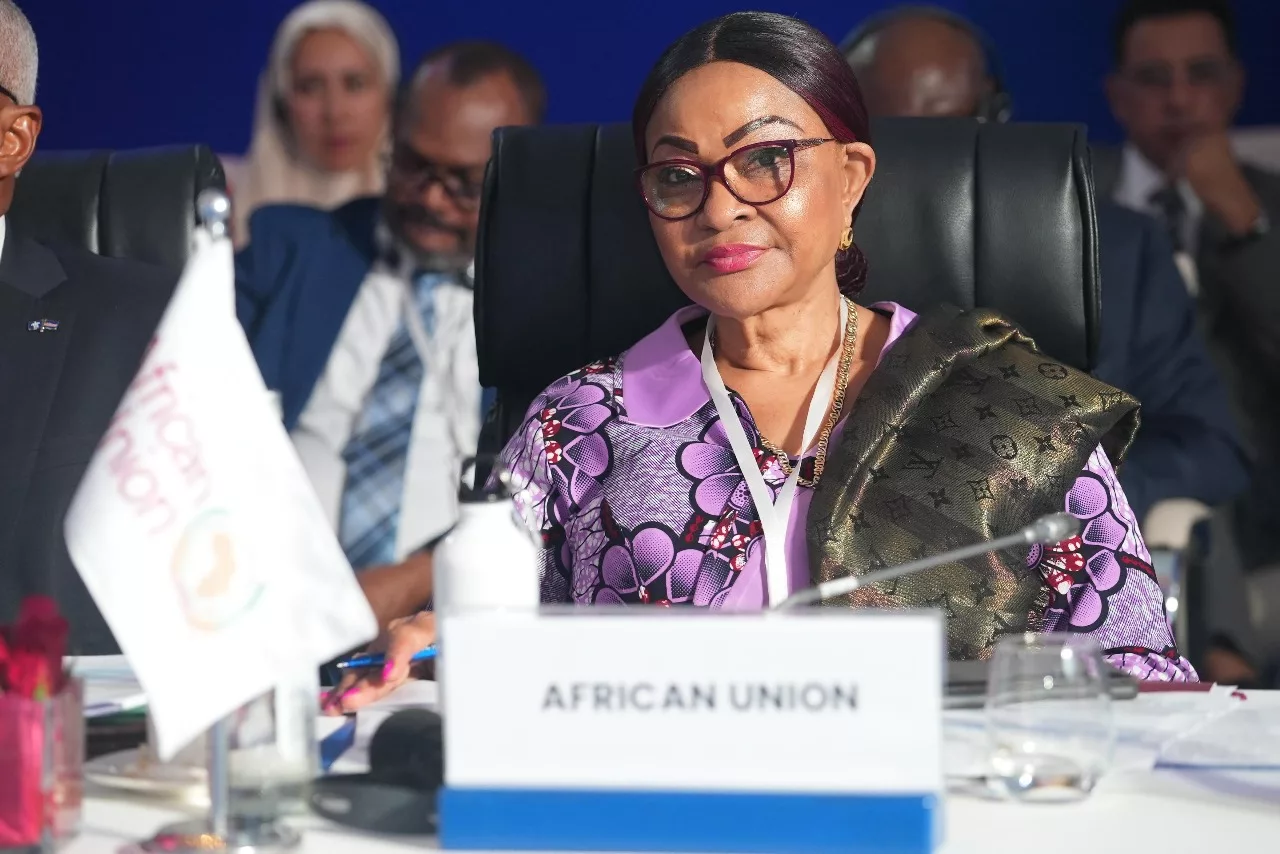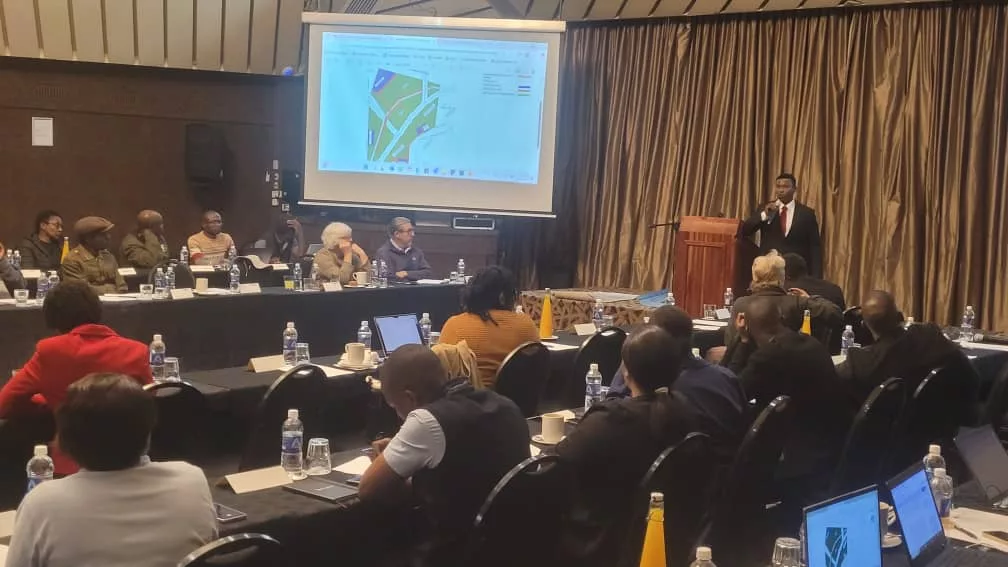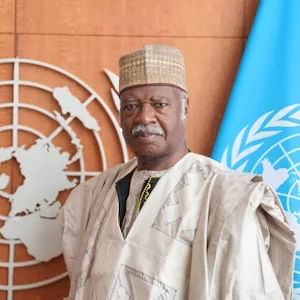|
Getting your Trinity Audio player ready...
|
African Union Commissioner for the Department of Agriculture, Rural Development, Blue Economy and Sustainable Environment, Ambassador Josefa Correia Sacko reaffirmed in Dakar that the Africa Soil Initiative and the mechanism to finance the action plan provide a clear path to achieving sustainable agricultural productivity and food sovereignty in Africa.
The diplomat, who was speaking at the 11th Stakeholder Conference on the Domestication and Implementation of the Fertiliser and Soil Health Action Plan, considered that the Nairobi Declaration and the Ten-Year Action Plan (2024-2034) constitute the critical importance of addressing soil degradation and inefficiencies in fertiliser use.
She emphasised that agriculture is the ‘backbone’ of our continent, sustaining the livelihoods of millions of people and contributing significantly to economic development.
However, she said, soils are under pressure, fertiliser use is inadequate, its effectiveness remains low, and the policy frameworks needed to address these challenges are poorly implemented.
“This year’s African Fertiliser and Soil Health Summit (AFSH), held in May 2024 in Nairobi, was a landmark moment for the continent. The summit reaffirmed the critical importance of addressing the crucial role that fertilisers and soil health play in transforming African agriculture,” she said.
She stressed that the African Union has consistently advocated a localised and inclusive approach to development and that the success of the action plan for fertilisers and soil health depends very much on the capacity of governments, research institutions, private sector actors, and development partners to collaborate in translating this comprehensive strategy into concrete action.
Josefa Sacko said that domestication is not just about adopting a framework but adapting it to local realities.
“This requires strong political will, well-coordinated partnerships and adequate resources. Most importantly, it requires leadership from African research institutions and policymakers to ensure that our interventions are evidence-based and respond to the specific needs of our farmers and communities,” she emphasised.
She noted that the policy and advocacy pillar of AFSH-AP recognises that establishing an enabling policy environment is key to scaling up soil health initiatives and ensuring that sustainable fertiliser use becomes the norm across the continent.
According to the AU Commissioner for Agriculture, Rural Development, Blue Economy, and Sustainable Environment, to achieve this, it is necessary to promote deep collaboration between stakeholders, utilise local resources, and strengthen the capacity of institutions to lead the way.
“That’s why we asked FARA to take the lead when we met last month during the CAADP PP in Zimbabwe – it can drive the change we seek. Together, we will fight for an Africa of the future in which its soils are healthy, its farmers are empowered, and its agricultural systems are resilient and sustainable,” she emphasised.
It should be noted that at the last African fertiliser summit, held in Nairobi (Kenya), African governments were recommended to triple domestic fertiliser production and distribution to accelerate agricultural growth in Africa.
The event also advocated the implementation of concrete actions to reverse land degradation and restore soil health by at least 30 percent, as well as ensuring that 70 percent of small farmers have access to quality extension services and advice on fertilisers.






